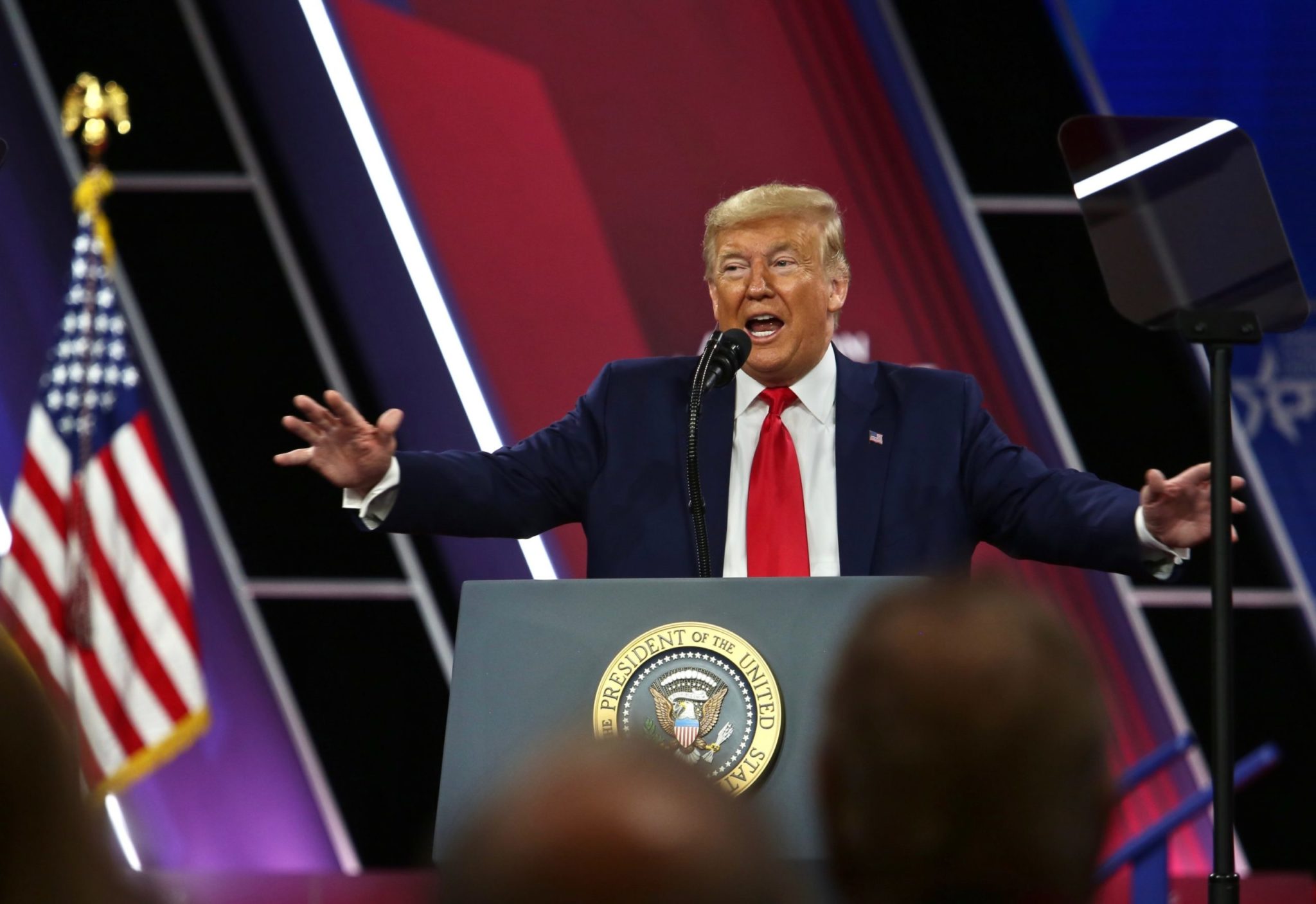About Coronavirus 2020
Washingtonian is keeping you up to date on the coronavirus around DC.
On Tuesday night a DC-based media company that just underwent bruising layoffs captured the attention of the President of the United States:
Great News: The boring but very nasty magazine, The Atlantic, is rapidly failing, going down the tubes, and has just been forced to announce it is laying off at least 20% of its staff in order to limp into the future. This is a tough time to be in the Fake News Business!
— Donald J. Trump (@realDonaldTrump) May 27, 2020
So what prompted the tweet? The Atlantic had published a story called “Donald Trump, the Most Unmanly President” by popular Trump critic Tom Nichols on Memorial Day. Maybe that was it? “I’m going to operate under the assumption it’s the Tom Nichols piece,” says editor-in-chief Jeffrey Goldberg. “Not that it matters. We’ve been covering Donald Trump critically for several years.” My admittedly incomplete survey of Trump’s tweets turned up only one Atlantic article, Elaina Plott’s 2018 story about an Alabama coal mine, which Trump tweeted without comment.
“Hope and Change in an Alabama Coal Mine” https://t.co/IwLEO9ff9X
— Donald J. Trump (@realDonaldTrump) August 14, 2018
President Trump’s relationship with the facts of the case was characteristically approximate: The layoffs weren’t “News” at that point–they’d occurred five days earlier. They contracted the company’s staff by 68 people, or about 17 percent, which is not the same thing as “at least 20%.” Forty-six of those positions were related to sales and marketing and its events business, which normally holds around 100 in-person events per year. “If you want to go ask the question, Who failed to contain this pandemic when it was containable, I know my answer,” Goldberg says.
Another explanation is that the President, who’d rooted for yobs who harassed a local TV reporter on Long Island earlier in May, just saw another opportunity to stick it to journalists. At a time when we mostly yawn at headlines like “Trump doubles down on conspiracy theory about woman’s death, ignoring grieving widower’s plea for peace,” it’s probably pointless to ponder how much space a venerable journal of ideas, however boring and nasty he finds it, occupies in this guy’s brain. “I think we’ve learned from his tweets on Joe Scarborough, as our staff writer Adam Serwer said early on, the cruelty is the point,” Goldberg says. He calls Trump’s late night work a “very nervy tweet. I don’t want to use the word chutzpah, but there’s a lot of chutzpah in that.”
So maybe we’ve reached the limit in our search for meaning here. We can, however, look at Trump’s effect on subscriptions, which are increasingly important to the Atlantic. Bradley told employees last week that the company, which launched its current metered paywall in 2019, had upped its subscription goals and would shift to a strategy based on getting more of its money from readers, much like the pirouette the New York Times has executed amid nose-diving ad revenue.
By that measure, Trump’s tweet was a bouquet to the Atlantic’s newly refined business model. “We’ve never gotten more subscribers in a day than we did today,” Goldberg says.





















